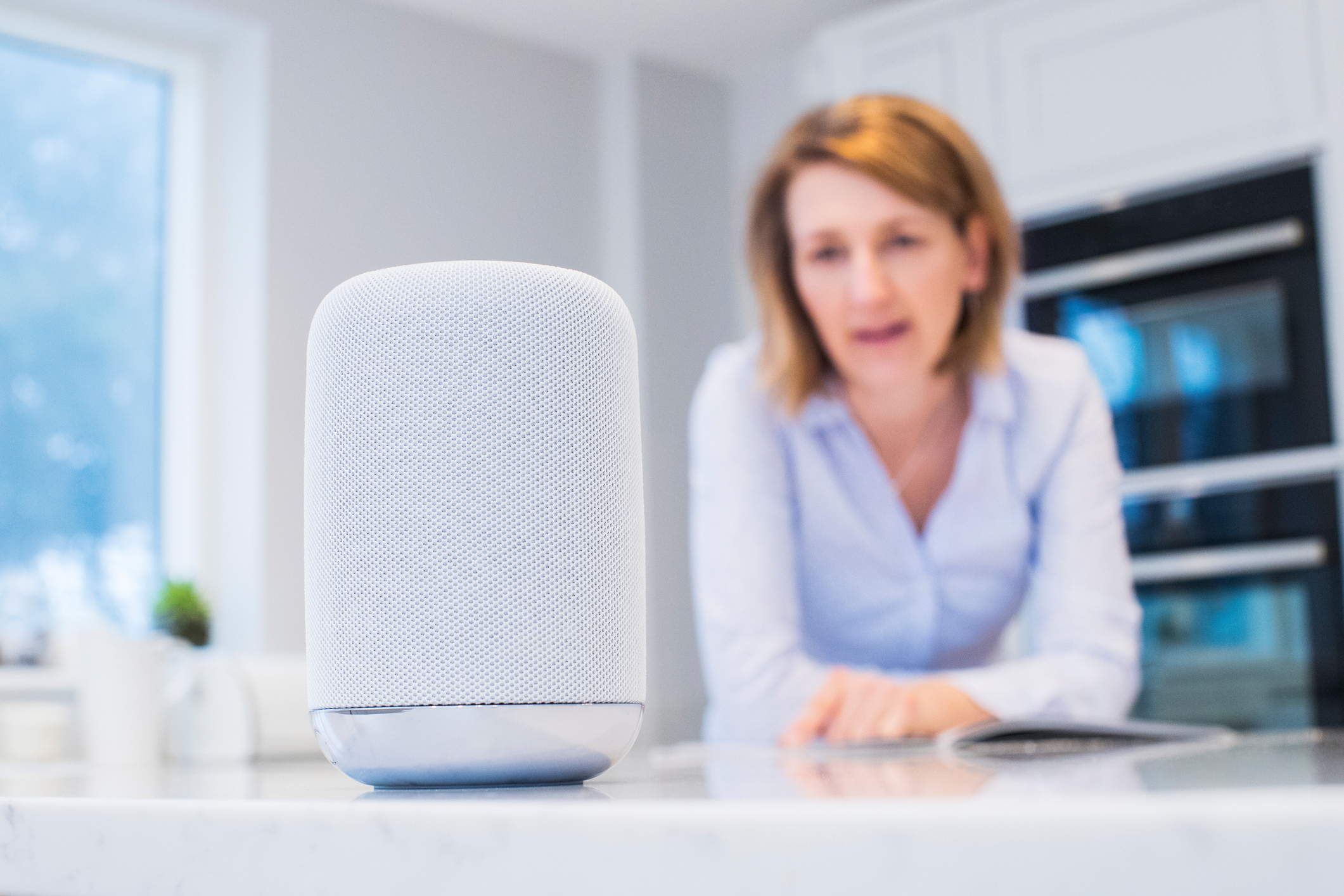
If you had to pick a category of AI in healthcare that might just be the most futuristic-sounding, it could well be combining AI technology with the needs of mental health patients.
After all, what can AI know about what humans are actually thinking?
“AI will be a game-changer,” said James Lake, a California psychiatrist and author of a series of self-help e-books, in a recent article at MarketWatch.
In his view, AI tools will enable mental health providers to “optimize patient care on the basis of each individual’s unique history, symptoms, needs, financial constraints and preferences.”
For example, writer Johnathan Burton explains, “AI can help a psychiatrist pinpoint the exact drug or drug class that your body will respond to, shortening or even eliminating the trial and error — and its side-effects — that frustrates both patients and doctors. Algorithms also can tell, based on someone’s age, gender, responses to questions and other factors, if that person is about to attempt suicide; Facebook for example, uses an algorithm that flags a post if it contains words that suggest suicidal thoughts or self-harm.”
Interestingly, Burton observes that, as unnerving as AI-based mental healthcare might seem to some, “current diagnosis and treatment methods, while skilled and insightful, cannot fully capture the unique needs and complexity of every patient — not without time, money and a willingness that many people simply do not have. AI-based therapies have the potential to be faster and cheaper, and therefore more effective, which in turn can encourage patients to continue their counseling.”
On the other hand, it’s not so surprising that some stakeholders are looking to AI’s predictive capacities for assistance.
For example, “We can predict whether someone would recover if they took a specific treatment,” said Adam Chekroud, a clinical psychologist and co-founder of Spring Health, a startup whose predictive models detect mental states and recommend appropriate treatment.
And that approach has caught the eye of some big organizations, in particular Whole Foods, which uses Spring Health’s technology to help employees who may be struggling with personal problems and behaviors. After answering a range of questions in an exam, employees are directed to an in-network provider who is given specific treatments that Spring Health determines are most likely to help that patient. Adds Chekroud: “When people did what was predicted [for them], they were twice as likely to recover.”
In short, asks Burton, “Could machines that look, act and sound human replace psychologists and psychiatrists? Probably not.”
At least not before a whole raft of technological and ethical problems are worked out. But that doesn’t mean there isn’t significant potential for AI as a future tool in mental health. And that future is coming sooner than we may think.


